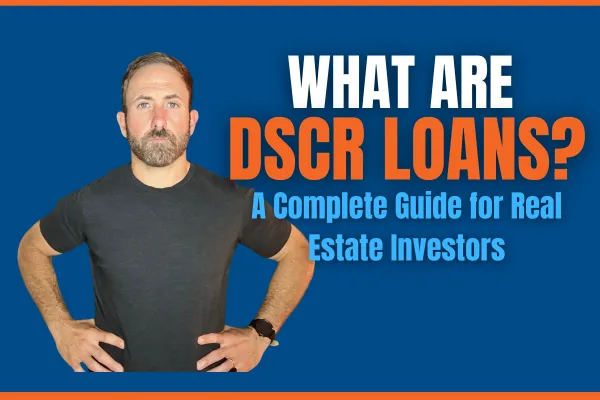
Navigating DSCR Loan Requirements: A Complete Guide for Real Estate Investors
When it comes to real estate investing, understanding DSCR loan requirements is critical for securing the right financing. A DSCR (Debt Service Coverage Ratio) loan allows you to qualify based on a property’s rental income rather than your personal income. But the requirements vary widely between lenders, and knowing the differences can save you time, money, and frustration.
This guide breaks down the most important DSCR loan requirements—including credit scores, down payments, DSCR minimums, and property guidelines—so you know exactly what to expect before making offers.
A Complete Guide to DSCR Loan Requirements
What Makes DSCR Loans Different
Most DSCR loans fall into the non-QM (non-qualified mortgage) category, meaning they don’t follow standard FHA, VA, or conventional loan guidelines. Non-QM lenders have flexibility in underwriting, which can benefit investors with unique situations—such as recent credit events or non-traditional income—but it also means that DSCR loan requirements can differ significantly from one lender to another.
Common DSCR Loan Requirements
While every lender sets their own terms, here are the most common requirements you’ll encounter:
Minimum Credit Score: Typically 620–660, though many competitive programs prefer 660+ for best rates.
Minimum DSCR Ratio: Some lenders accept 0.75, while others require 1.0 or higher—especially for first-time investors.
Down Payment: Most DSCR loans require 20% down; lower DSCR scores or cash-out refinances may require more.
Minimum Loan Amount: Often $150,000 or higher, with exceptions for certain markets.
Property Ownership History: Some lenders require you to have owned investment property within the past 12–36 months.
How DSCR Requirements Impact Your Investment Strategy
If you’re targeting short-term rentals, long-term rentals, or value-add rehabs, knowing the DSCR loan requirements ahead of time ensures your property will qualify. For example:
DSCR below 1.0? You might need interest-only payments or a larger down payment.
High-value property? Some lenders allow higher loan-to-value ratios for experienced investors.
Unique property type? DSCR requirements may change for condos, multi-units, or vacation rentals.
Why Work With a DSCR Loan Broker
As a mortgage broker with access to 100+ DSCR lenders, I can match you to the loan program that fits your property, credit profile, and investment goals. Instead of spending weeks shopping lenders yourself—and risking missed opportunities—I help you navigate requirements, compare rates, and close faster.
Next Steps
Understanding DSCR loan requirements gives you a competitive edge in today’s market. Whether you need a pre-approval before making an offer or guidance on structuring your deal to meet ratio requirements, I can help.
📅 Schedule a consultation today and let’s find the best DSCR loan for your investment strategy.
